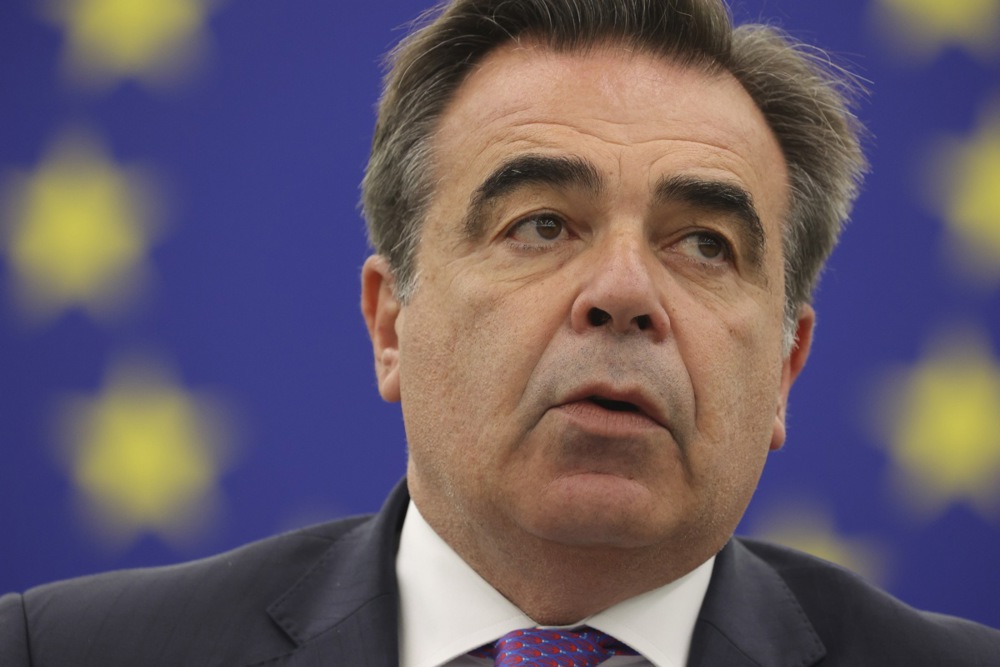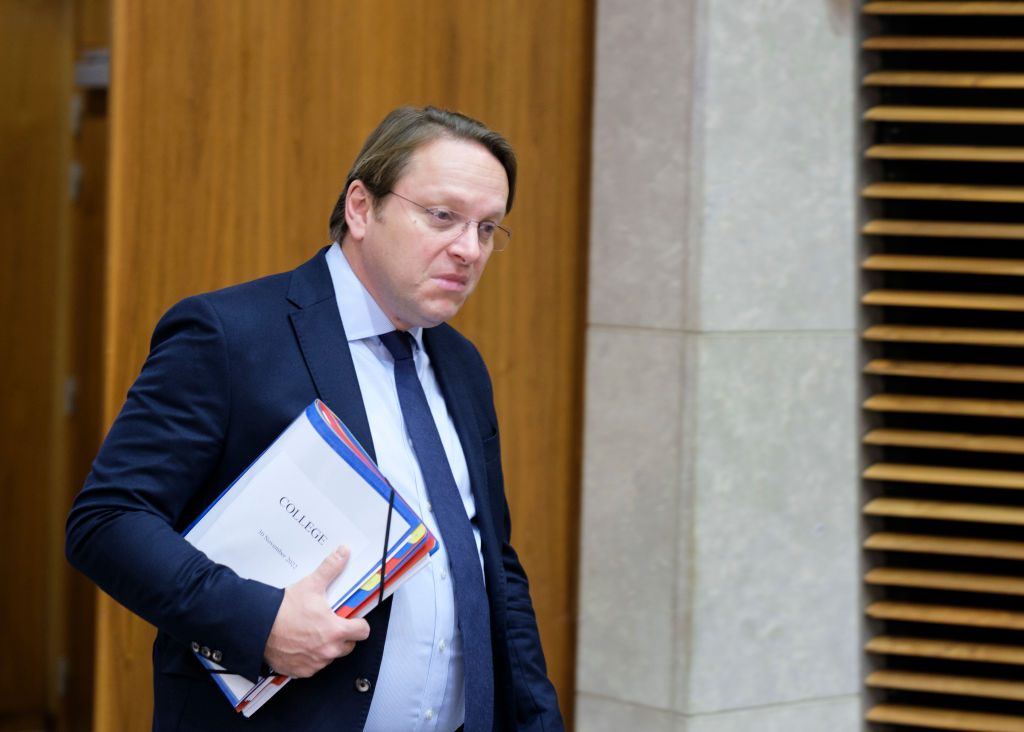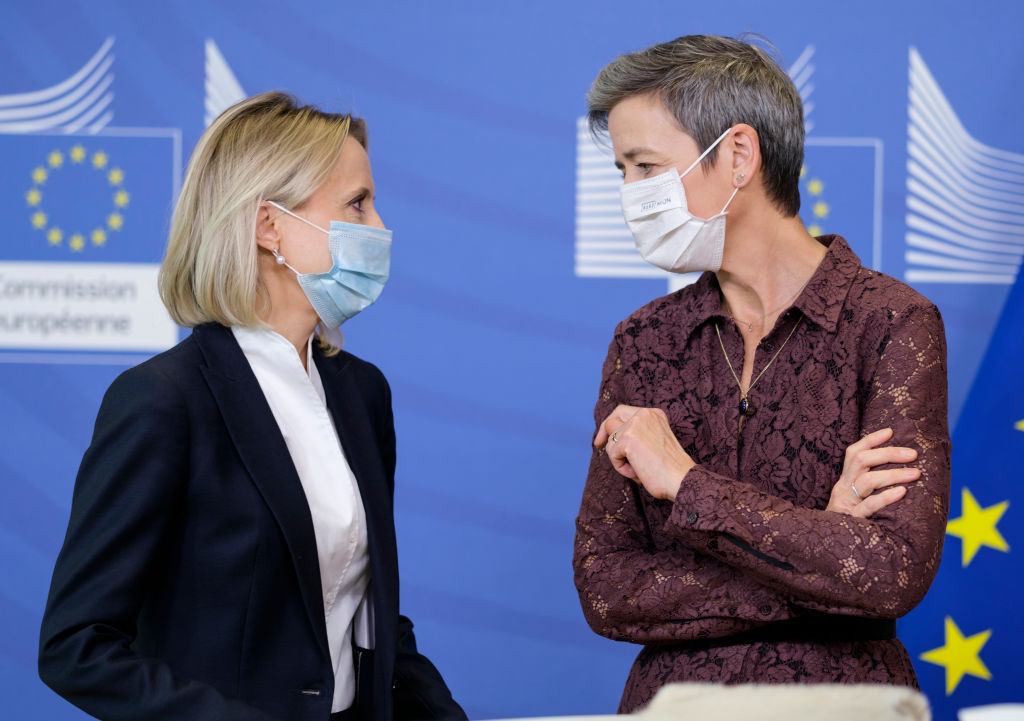Margrethe Vestager has taken leave from her role in the European Commission to try for the presidency of the European Investment Bank (EIB).
“As of today, I am officially a candidate for the presidency of the European Investment Bank. So I will take unpaid leave from my work at the European Commission to focus on my candidacy,” she said in a post on X, formerly Twitter.
Her responsibilities as Commissioner will be given to Justice Commissioner Didier Reynders and Values and Transparency Commissioner Věra Jourová.
Reynders will take over as the EC’s competition chief while Jourová will be responsible for the digital transition of the European Union to a “Europe fit for the digital age”.
Reynders, Jourová and Vestager are all from the same liberal pro-European group Renew Europe.
EC President Ursula von der Leyen has also decided to temporarily assign the portfolio for innovation and research to EC Vice-President Margaritis Schinas until a replacement for former Commissioner Mariya Gabriel is appointed.
Officially, Vestager is the Danish Government’s candidate but she also received an endorsement from the Renew group. “We cannot think of a better-qualified candidate to fulfil the ambition of the European Investment Bank and achieve the European targets in financing the digitalisation, green transition and reindustrialisation of our continent,” the group said.
“Renew Europe calls on Member States to make the right choice by appointing Margrethe Vestager, President of the EIB.”
The final choice for the next EIB president will be made by an assembly of the 27 EU Member States’ finance ministers in mid-September. From January 2024 onwards, he or she will take the reins of the institution.
If Vestager fails, she will be able to return as Commissioner. If she succeeds, the Danish Government can appoint a new EC candidate.
In 2019, Vesteger was proposed as President of the EC. France opposed her campaign after she vetoed the merger between French multinational rolling stock manufacturer Alstom and German technology giant Siemens in February of that year.
While serving as a Vice-President of the EC, Vestager had both public and private conflicts with Commissioner Thierry Breton, the French official responsible for a significant revision of digital regulations within the European Union.
Her recently proposed appointment of the American Fiona Scott Morton to the post of chief economist in the EC’s Competition Directorate also got torpedoed by France.
While not as well-known as the European Central Bank, which is chiefly responsible for monetary policy surrounding the Euro, the EIB has grown in importance. Being responsible for lending money for development projects, the EIB is taking centre stage as the EU tries to recover from the effects of the COVID-19 pandemic lockdowns and Russia’s war in Ukraine.
Other main candidates for the top job at the EIB are the seasoned economist and former finance minister of Italy Daniele Franco and the Spanish Deputy Prime Minister Nadia Calviño.
Calviño is also a former finance minister, who now chairs the International Monetary and Financial Committee of the International Monetary Fund and has a proven track record in European circles.





